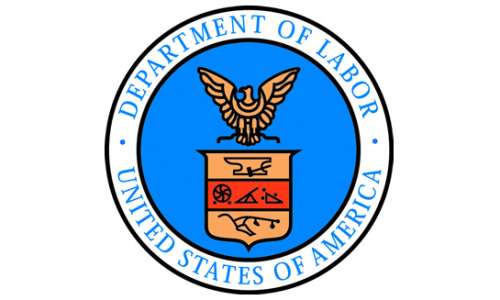Employment Law Update
September 2019
On September 24, the Department of Labor (“DOL”) announced its final rule to increase the minimum salary required for an employee to qualify for the executive, administrative, and professional exemptions from the Fair Labor Standard Act’s minimum wage and overtime requirements. The DOL estimates that an additional 1.3 million American workers will become eligible to receive overtime compensation because of the increase.
Under current law, employees with a salary below $455 per week ($23,660 annually) must be paid overtime if they work more than 40 hours per week regardless of whether they qualify for one of the overtime exemptions. This minimum salary level has not increased since 2004. A previous DOL rule issued under the Obama Administration, which proposed a much more significant increase to the minimum salary, was blocked by a federal judge just days before the rule was to go into effect.
The new rule increases the salary threshold from $455 to $684 per week (equivalent to $35,568 per year). In addition to raising the minimum salary necessary to qualify for exemption from the minimum wage and overtime rules, the final rule also:
- Increases the total annual compensation requirement for “highly compensated employees” from the currently-enforced level of $100,000 to $107,432 per year.
- Allows employers to use nondiscretionary bonuses and incentive payments (including commissions) paid at least annually to satisfy up to 10% of the standard salary level, in recognition of evolving pay practices.
Barring any court interventions, the new minimum salary rule will go into effect on January 1, 2020. Therefore, employers should determine whether they have any currently exempt employees with an annual salary less than $35,568. If so, consideration should be given to increasing any such employee’s salary, ensuring the employee does not work more than 40 hours, or preparing to compensate such employee for overtime work in 2020. It would also be a good time for employers to review job descriptions to ensure they are consistent with the actual work performed and to ensure that the duties of your exempt employees still qualify for one of the overtime exemptions.
If you have any questions about the final rule or regarding your obligations pertaining to overtime compensation, please do not hesitate to contact Bryan Niemeyer, Certified Labor and Employment Law Specialist, Faulkner, Garmhausen, Keister & Shenk, A Legal Professional Association, at 937-492-1271 or bniemeyer@fgks-law.com.





